Welcome to Qatar, a vibrant destination that seamlessly blends rich traditions with modern advancements. Nestled on the northeastern coast of the Arabian Peninsula, Qatar is known for its stunning skyline, luxurious shopping experiences, and a rich tapestry of cultural heritage. From the bustling streets of Doha to the serene deserts and beautiful coastline, there's a wide array of experiences waiting for you.
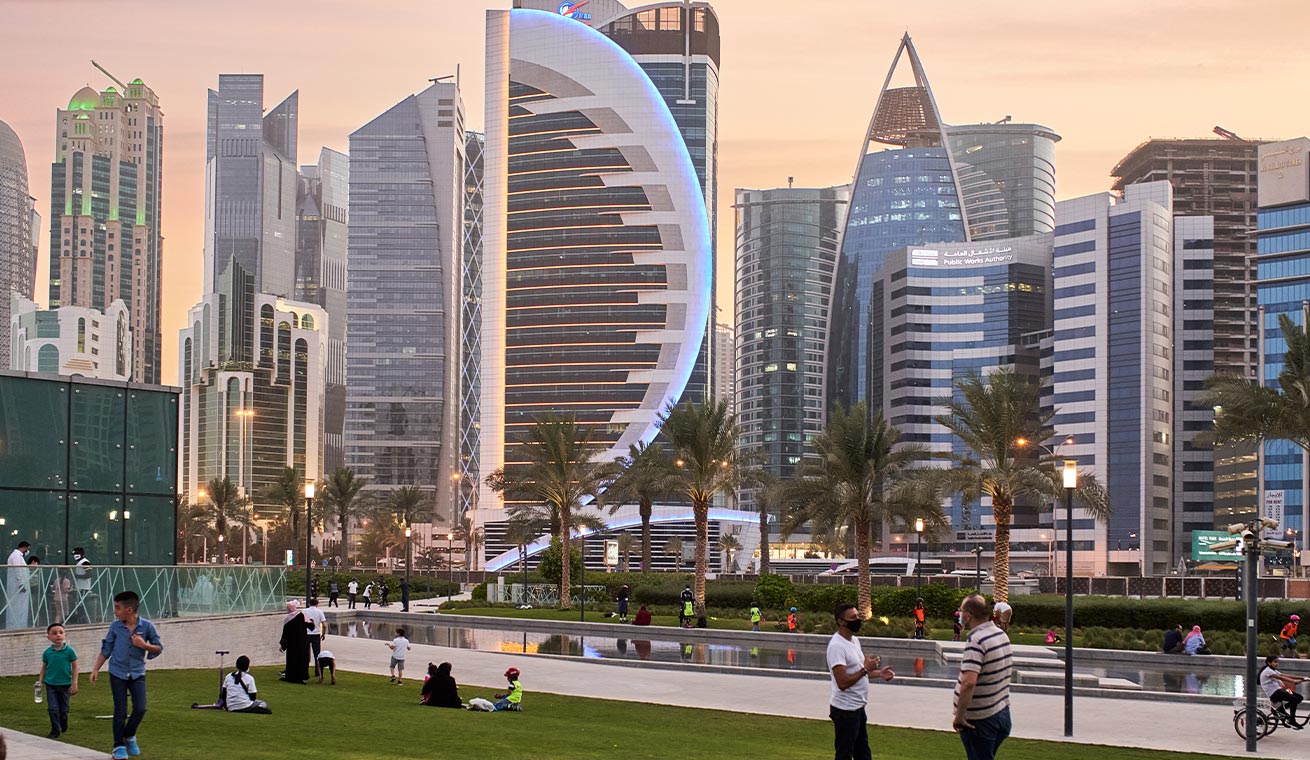
Whether you're visiting for a short stopover, attending a business meeting, or embarking on a longer adventure, understanding the local customs and practical tips will significantly enhance your experience. Qatar has rapidly evolved into a global hub for business, tourism, and culture, especially following its successful hosting of major international events, including the FIFA World Cup 2022.
Arrival Experience: Hamad International Airport
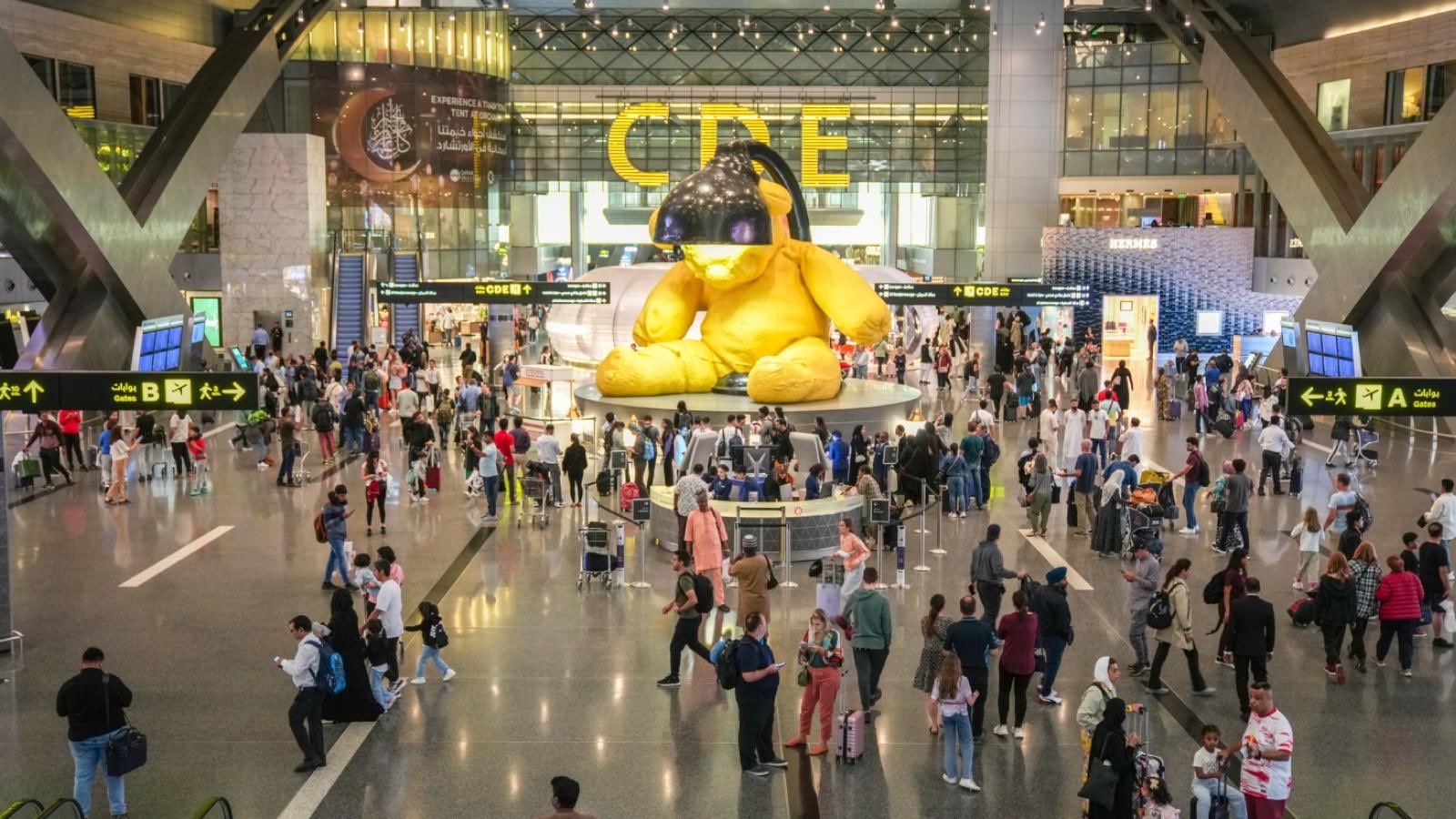
Your journey starts at Hamad International Airport, often hailed as a mini-city and consistently ranked among the world's top airports. Beyond being a transit hub, the airport offers luxurious amenities, including spa services, diverse dining options, and children's play areas. Conveniently located just 20 minutes from downtown Doha, it sets the tone for a remarkable visit.
For a seamless arrival experience, consider booking the Al Maha Meet & Greet service. This premium service allows you to skip the lines and provides a touch of luxury right from the start.
Recent Enhancements at the Airport
As of 2025, Hamad International Airport has introduced more sustainable practices, including solar energy initiatives and improved waste management. Look out for the stunning art installations throughout the airport, showcasing both local and international artists.
Cultural Insights and Etiquette
Dress Code: Comfort Meets Respect
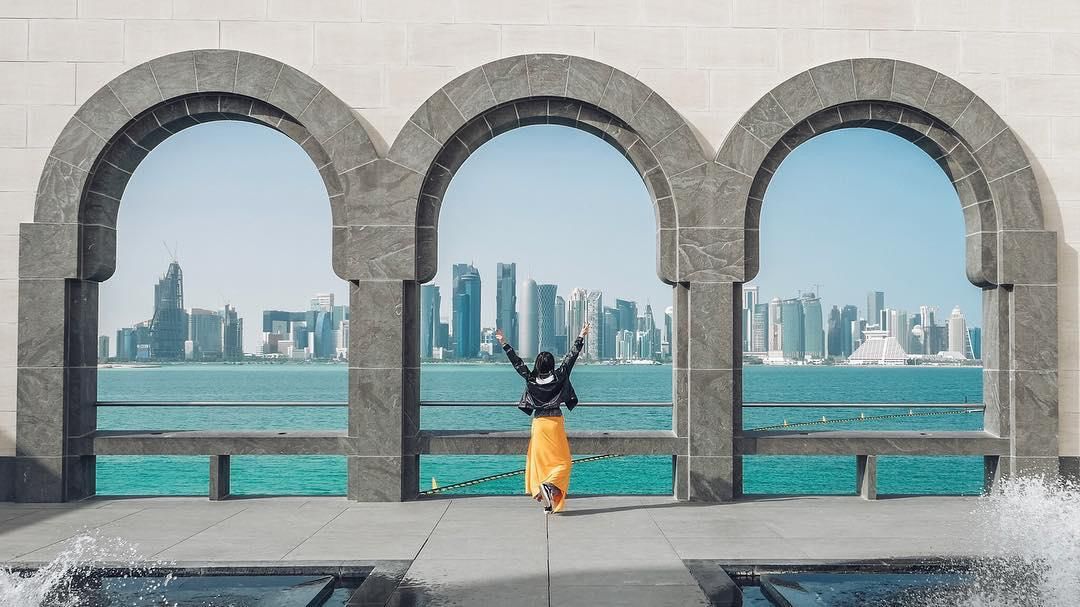
Qatar's atmosphere is laid-back yet demands respect for its cultural norms. It's advisable to dress modestly; ensure your shoulders and knees are covered while out in public. Lightweight, breathable clothing is recommended to stay comfortable in the warm climate. A light scarf or shawl is useful for women when entering mosques or more traditional sites.
Greetings: Embrace Local Customs
When greeting locals, be mindful that many Qatari women may not shake hands with men, and the same courtesy may apply the other way around. A friendly smile and nod can go a long way in establishing rapport. It’s also customary to say “As-salamu alaykum” (peace be upon you) when greeting someone.
Friday Significance
Fridays hold special importance in Qatar. Most shops close during prayer hours (10 AM to 12:30 PM), with some remaining closed for the entire day. Malls typically open later, so plan your shopping accordingly. Remember, the weekend in Qatar falls on Friday and Saturday.
Celebrating Islamic Holidays

Join in the joy during Eid Al Fitr and Eid Al Adha, marked by family gatherings, feasting, and fireworks. While some establishments may close briefly, the overall atmosphere is festive. Be sure to participate in community events if you have the chance!
Respecting Ramadan
During the holy month of Ramadan, refrain from eating, drinking, or smoking in public from dawn until sunset. Many hotels provide private dining areas for guests, and food delivery services are available to ensure you remain nourished. You can also find special iftar (breaking the fast) events at various venues.
Cultural Etiquette Tips
- Avoid pointing with your feet.
- Maintain a calm demeanor in public spaces.
- Always ask permission before photographing locals.
- Respect personal space at all times.
Currency and Tipping
Currency: Qatari Riyal
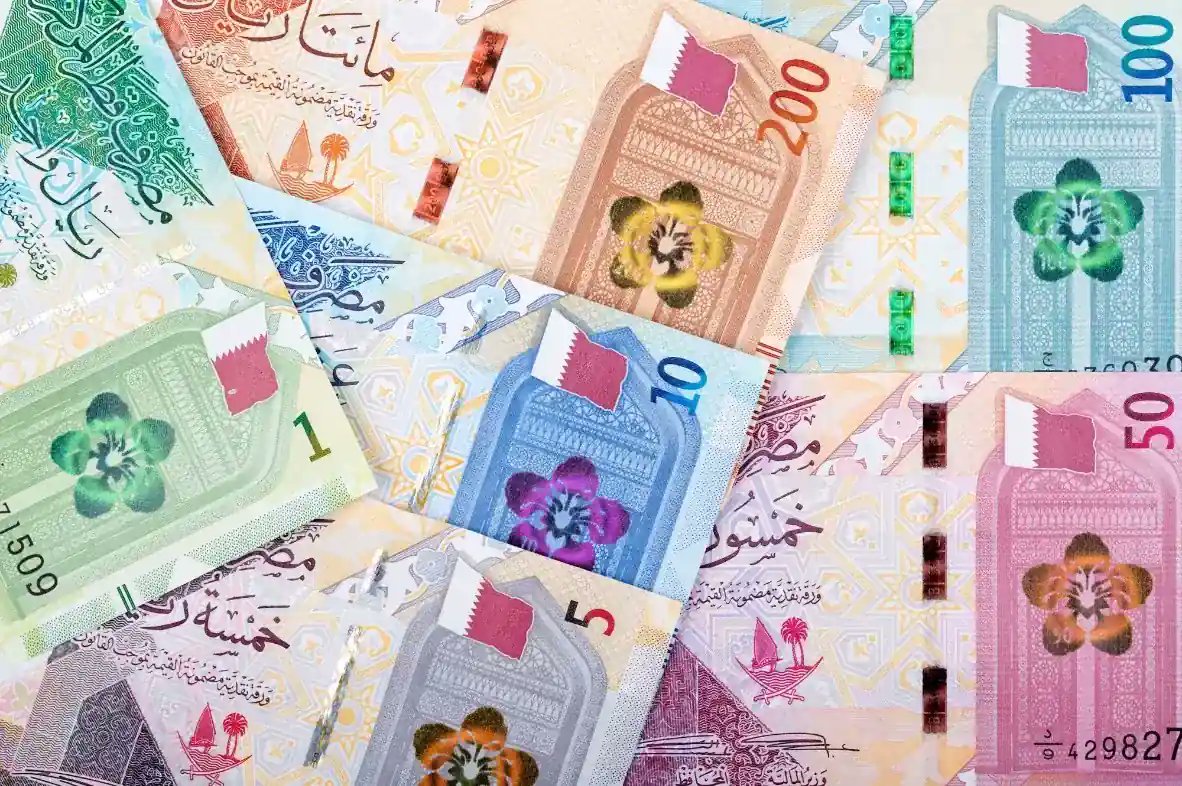
The local currency is the Qatari Riyal (QR), pegged to the US dollar at approximately 1 USD = QR 3.64. While many establishments accept credit cards, cash is preferred at some souqs. ATMs are widely available, so cash access is convenient.
Currency Declaration
If bringing in Qatari Riyals or any foreign currency equal to or exceeding QR 50,000, declare it upon entry. This includes valuable items such as jewelry or precious metals, making customs processes smoother.
Tipping Practices
Tipping is not customary in Qatar, but if you receive exceptional service, a tip of 10-15% is appreciated. In restaurants, rounding up the bill is also a common practice.
Safety, Security, and Accessibility
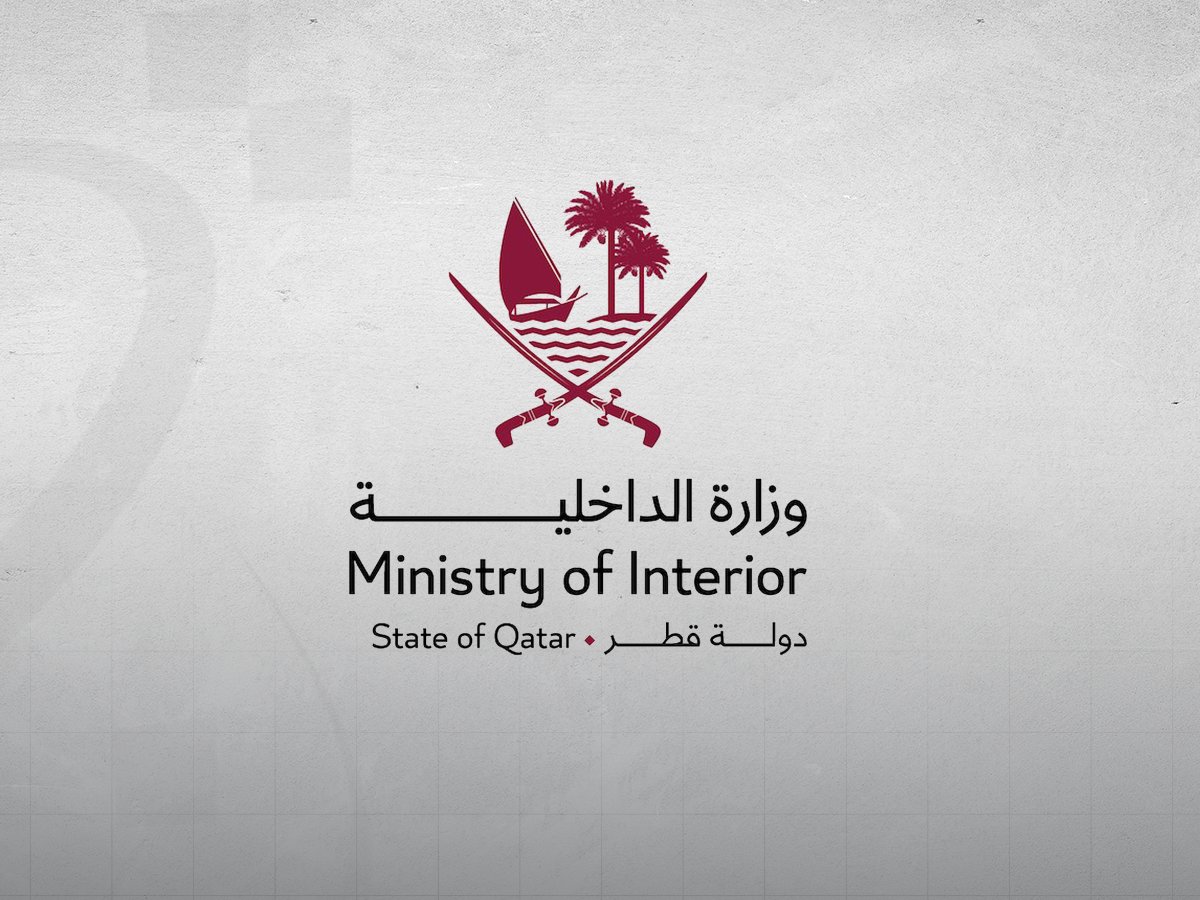
A Safe Destination
Qatar is one of the safest countries globally, ranked 3rd in 2025 with a Safety Index score of 84.6. It's recognized as the safest nation in the Middle East, making it a secure place for travelers.
Emergency Contacts
- Police, Fire, Ambulance: 999
- Traffic Issues: 4890666
Accessibility for All
If you have special accessibility needs, the Accessible Qatar app is an invaluable resource for locating wheelchair-friendly venues and facilities throughout the country. Many public transport systems and tourist sites are equipped with ramps and accessible restrooms.
In case of emergencies for the hearing impaired:
- Use a 3G camera to call 992.
- Send an SMS to 992 with your location and details of assistance needed.
- Email [email protected] (response times may vary).
Health and Utilities
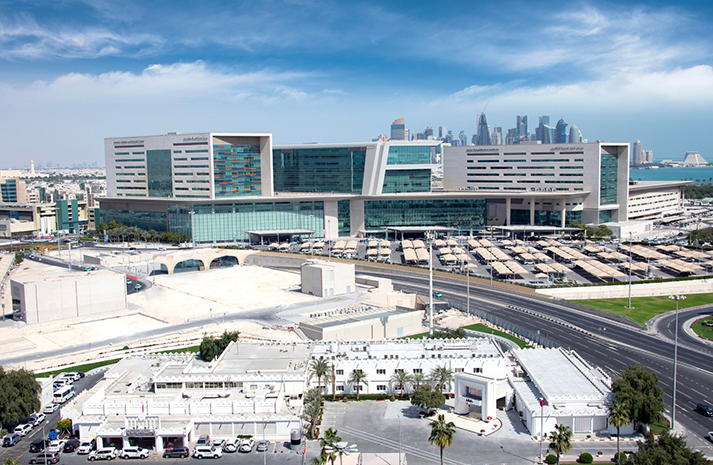
Healthcare Services
For medical attention, Hamad General Hospital offers top-notch healthcare facilities and services. Additionally, several private clinics and hospitals are available throughout the country, ensuring quality care. Make sure to have travel insurance that covers medical emergencies.
Staying Hydrated
Tap water is safe to drink, but bottled water is readily available. Given Qatar's high temperatures, ensure you stay hydrated, especially if you plan to spend time outdoors. Some handy tips include carrying a refillable water bottle and seeking shaded areas during peak sun hours.
Electrical Standards
Qatar operates on a voltage of 240 V and a frequency of 50 Hz, using UK-style Type G plugs. Visitors from regions with lower voltage should bring adapters or converters.
Connectivity Options
Tourists can purchase prepaid SIM cards from Ooredoo or Vodafone at the airport or in local stores. Affordable data packages enable you to stay connected effortlessly. Qatar has also expanded its 5G coverage, ensuring high-speed internet access across most urban areas.
Navigating the City
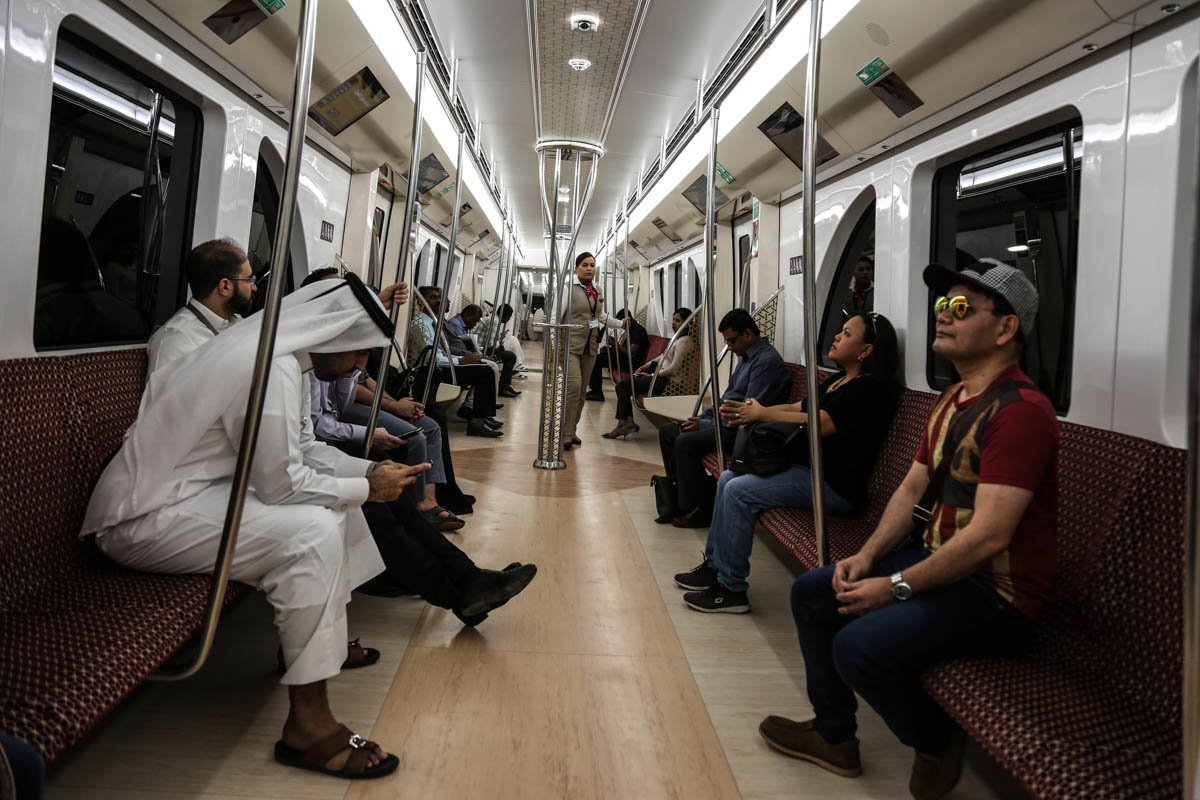
Driving and Riding
Qatar drives on the right-hand side. Rental cars are easy to find, and roads are well-maintained with clear signage. New traffic regulations have been implemented to enhance road safety, so familiarize yourself with local driving laws.
Taxi and Ride-Hailing Services
From Hamad International Airport, Karwa taxis are the official metered service, known for their reliability. Various ride-hailing apps also provide convenient, cashless options, making transportation easy. Always check for a fare estimate before getting in.
Public Transportation
The Doha Metro is an excellent choice for first-time visitors. Clean and air-conditioned, it connects the airport to downtown and major attractions. Affordable travel passes are available, making it easy to explore without the hassle of traffic.
Standard Card Fares:
- Single Journey: QR 2
- Day Pass: QR 6
- Weekly Pass: QR 40
- 30-Day MetroPass: QR 120
- Rechargeable Travel Card: QR 10
Goldclub Card Fares:
- Single Journey: QR 10 (QR 2 for Tram)
- Day Pass: QR 30
- Rechargeable Travel Card: QR 100
Travel Tips
- Download ride-hailing apps like Karwa, and the Qatar Rail app for real-time updates on metro and tram schedules.
- Keep small change handy for taxis if not using apps, though most accept digital payments.
- Consider using the Doha Bus service for sightseeing; it offers hop-on, hop-off options that cover major tourist attractions.
Shopping and Markets
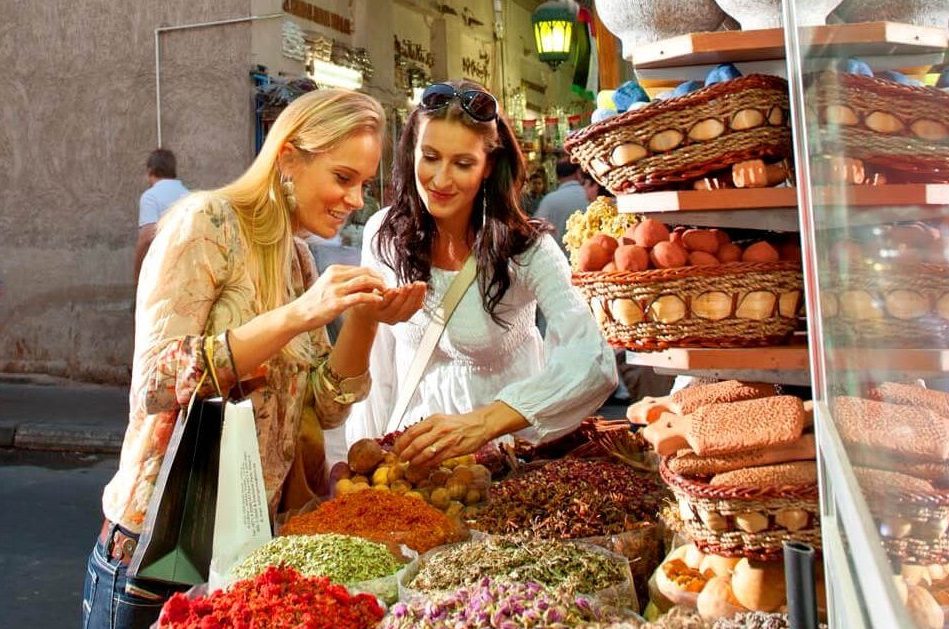
Bargaining at Souq Waqif
Shopping at Souq Waqif is an experience not to be missed. Bargaining is expected, so don’t hesitate to negotiate prices. A friendly greeting with “Salam” and a casual “Inshallah” can enhance your shopping experience. The souq is also a great place to try local delicacies and enjoy traditional Qatari coffee.
Luxury Shopping Malls
For a different shopping experience, visit luxury malls such as Villaggio, Doha Festival City, and Mall of Qatar. These venues offer a wide range of shopping, dining, and entertainment options, all in comfortable, air-conditioned environments. Many malls now feature international brands and local artisans, making it a vibrant shopping scene.
Connectivity and Language
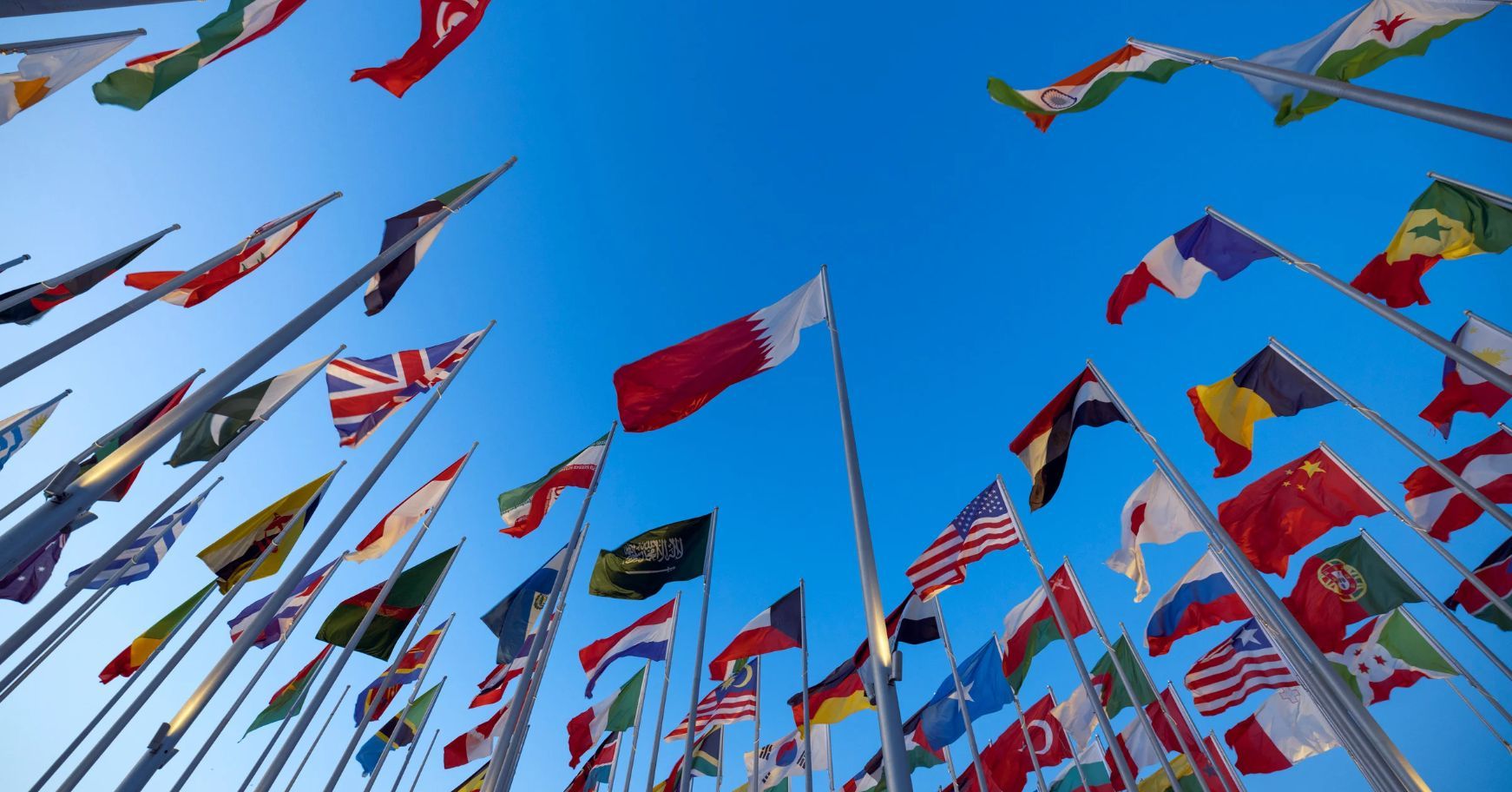
Language Diversity
While Arabic is the official language, English is widely spoken due to the diverse expatriate population, making communication easier for travelers. Learning a few basic Arabic phrases can enhance your interactions and show respect for the local culture.
Internet Access
Qatar leads in digital connectivity, having been the first country to launch commercial 5G. Free Wi-Fi is available in select public areas, though coverage may vary. Many cafes and restaurants also offer complimentary Wi-Fi.
Weather and Annual Events
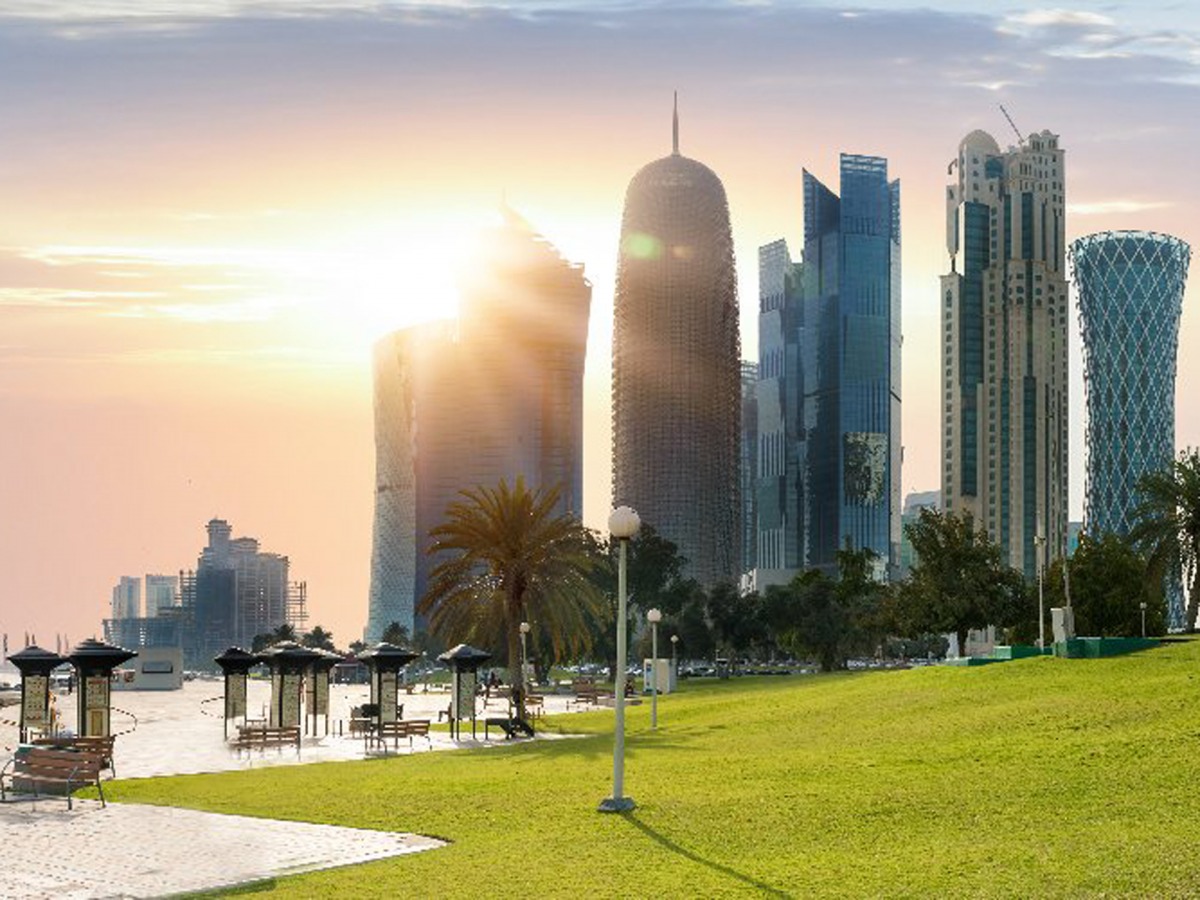
Climate Overview
Prepare for warm, sunny weather year-round. Summers can be sweltering, often exceeding 40 °C, so sunscreen and hydration are crucial. Winters are mild, making them perfect for outdoor activities. If you plan to visit during summer, consider scheduling indoor activities during the hottest parts of the day.
Key Holidays
- Qatar National Day: December 18
- Sports Day: Second Tuesday in February
- Eid Celebrations: Dates vary based on lunar observations, typically lasting three days.
Events and Activities
Qatar hosts a variety of events, from concerts to sports tournaments. Major events include the Qatar International Food Festival and the Doha Film Institute's annual film festival. Stay updated with apps like Qatar Events to ensure you don’t miss out on any happenings.
Alcohol Regulations and Local Laws
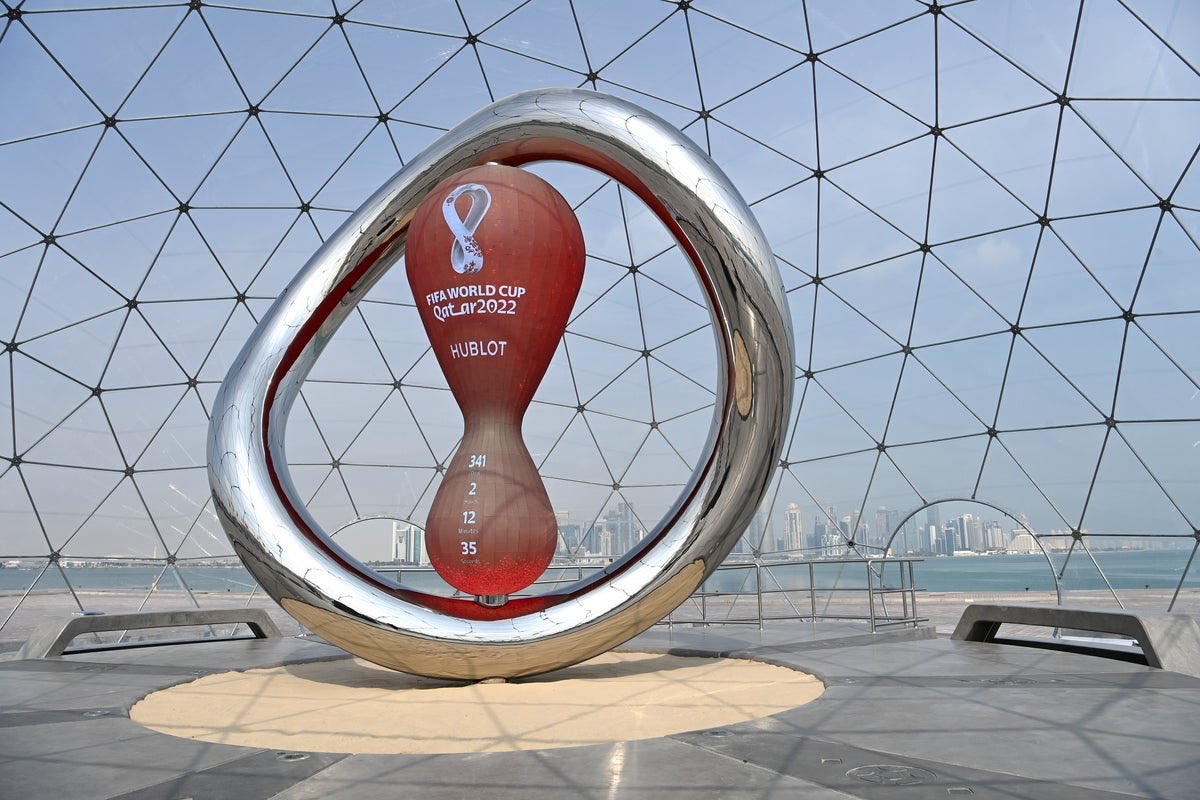
Alcohol Consumption
Alcohol is strictly regulated in Qatar. It is permitted only in licensed hotels, bars, and private residences. Public intoxication or drinking outside these venues can lead to legal repercussions. Always carry ID when purchasing or consuming alcohol.
Legal Considerations
To respect local laws, avoid:
- Profanity or offensive gestures in public.
- Public intoxication or drinking outside licensed areas.
- Excessive public displays of affection.
- Photographing accidents or government buildings.
- Taking photos of individuals without consent, especially women and families.
- Eating or drinking in public during Ramadan daylight hours.
Useful Tips for Travelers
-
Local SIM Cards: Purchase a local SIM card upon arrival for better connectivity and to avoid high roaming charges.
-
Cultural Sensitivity: Always be respectful of local customs, especially in religious sites.
-
Hydration: Carry a refillable water bottle to stay hydrated, and take advantage of water fountains in public areas where available.
-
Explore Beyond Doha: Consider day trips to nearby attractions like the Desert Safari or the Pearl-Qatar for a more comprehensive experience of Qatari culture and landscapes.
-
Plan Ahead: Check local event calendars before your trip to align your visit with any festivals or events that interest you.
By keeping these tips in mind, you’ll enjoy a memorable and culturally rich experience in Qatar. Safe travels!

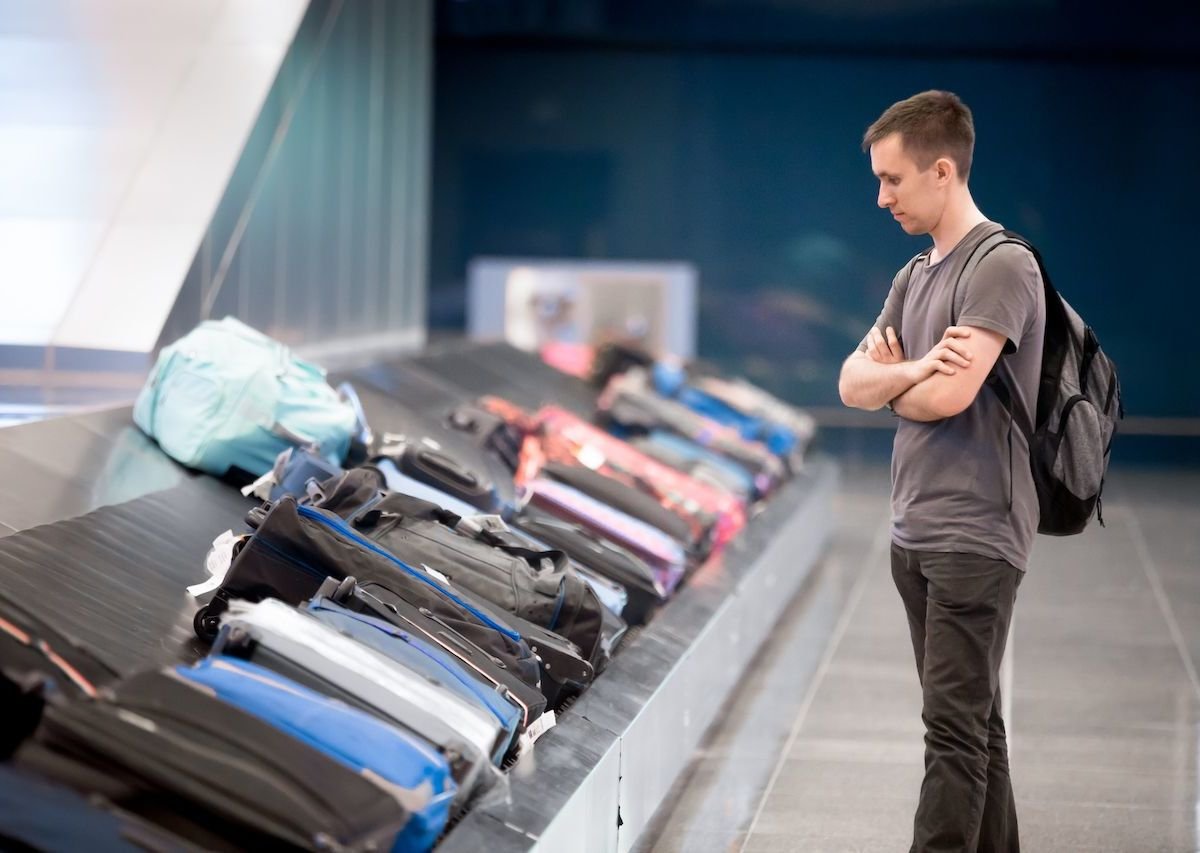
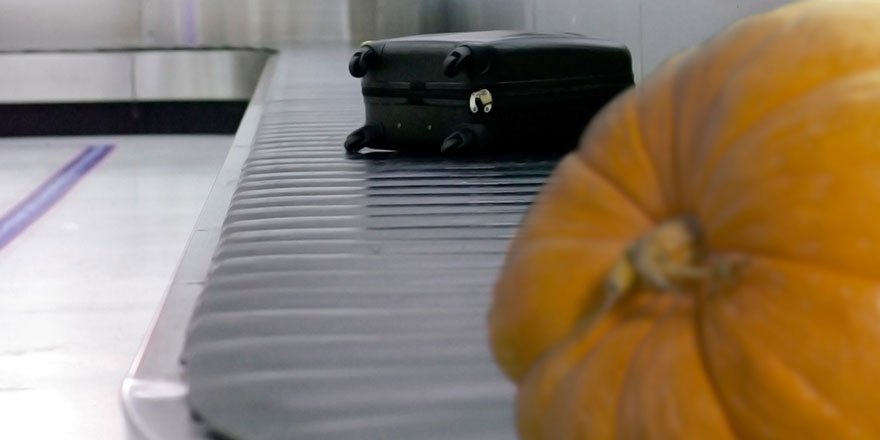

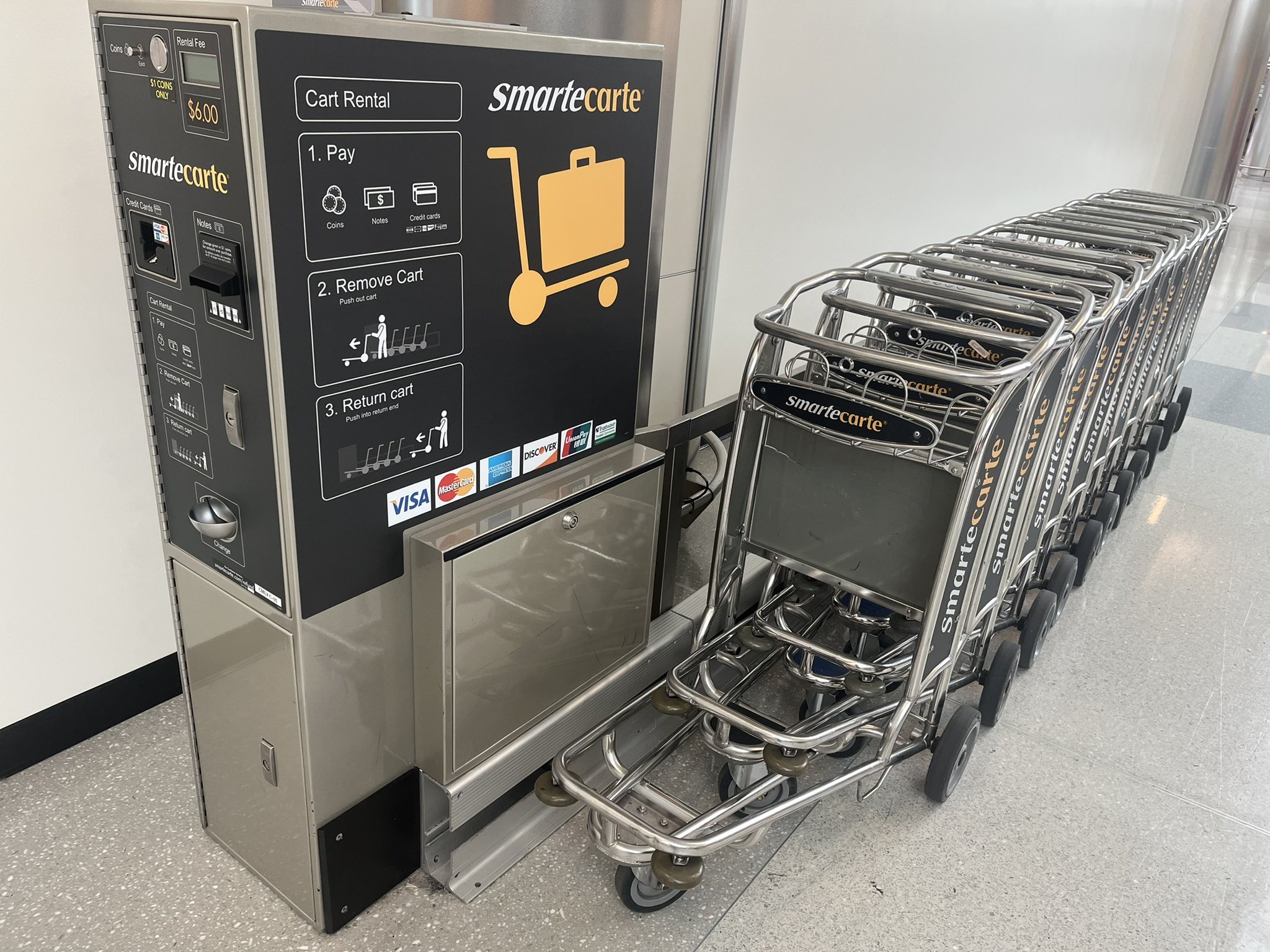
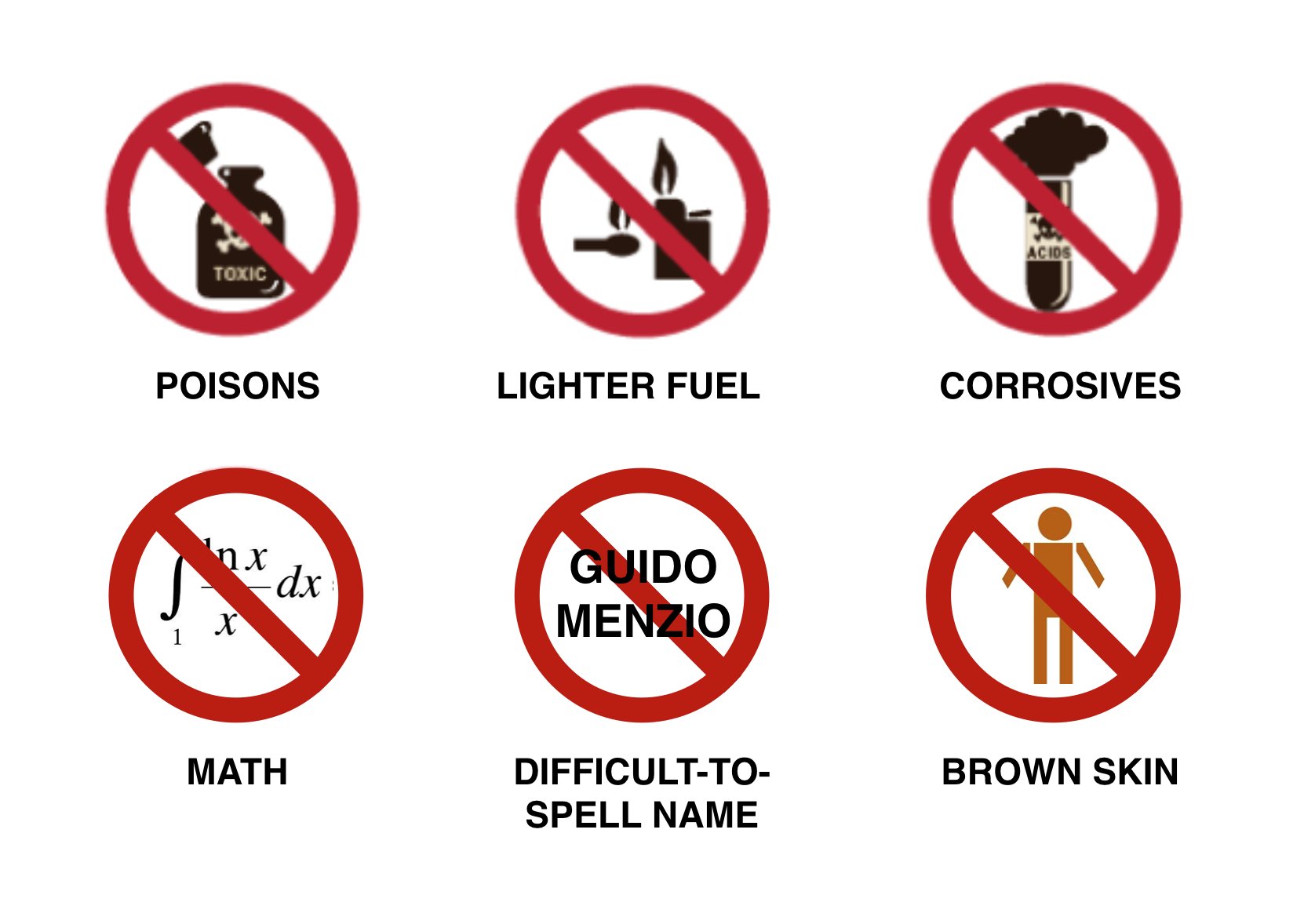
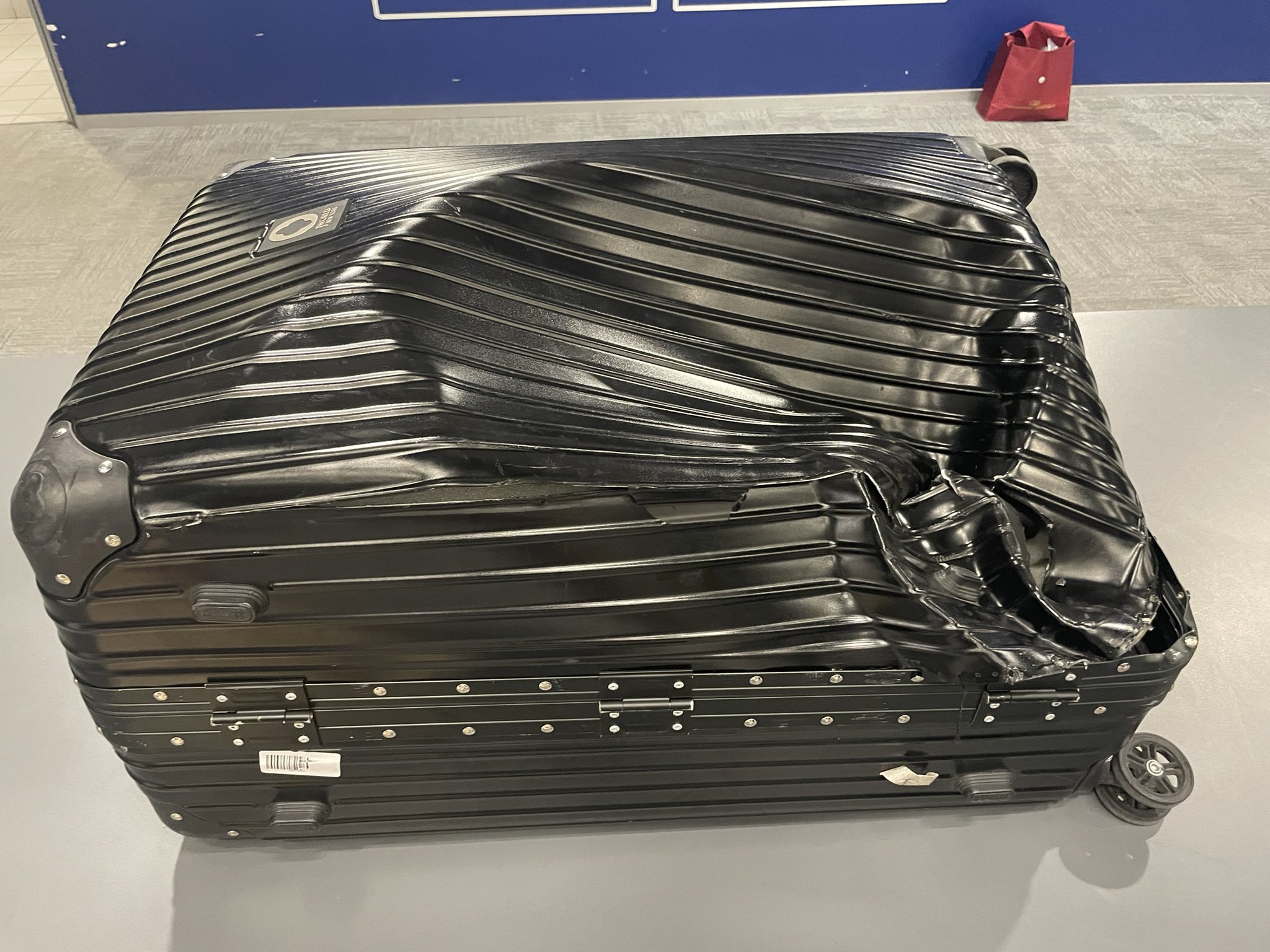
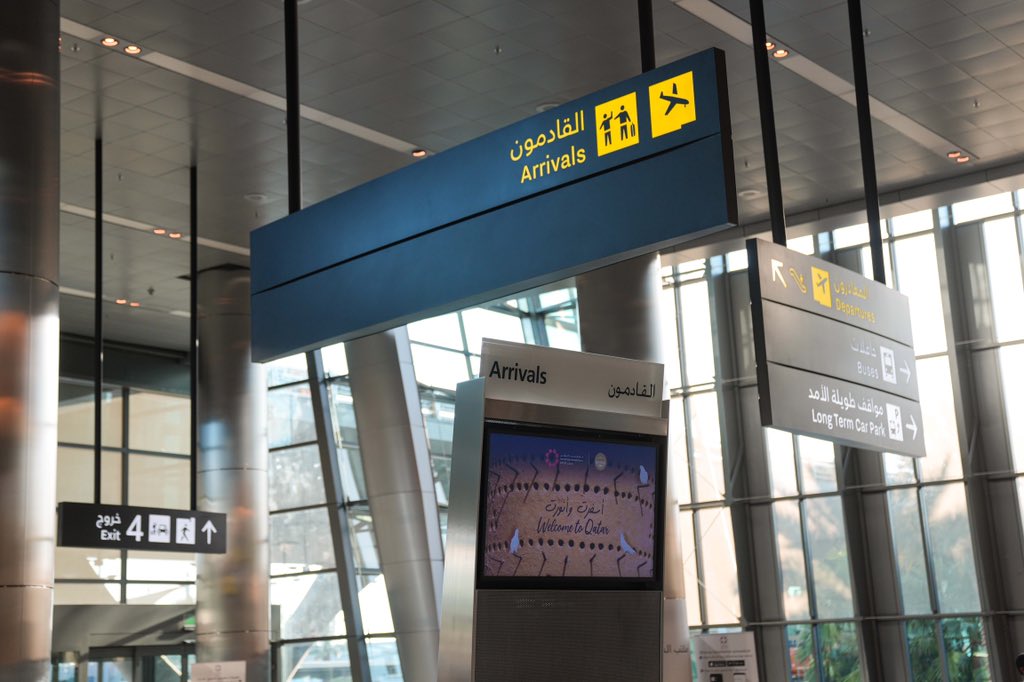







.jpg)



.jpg)
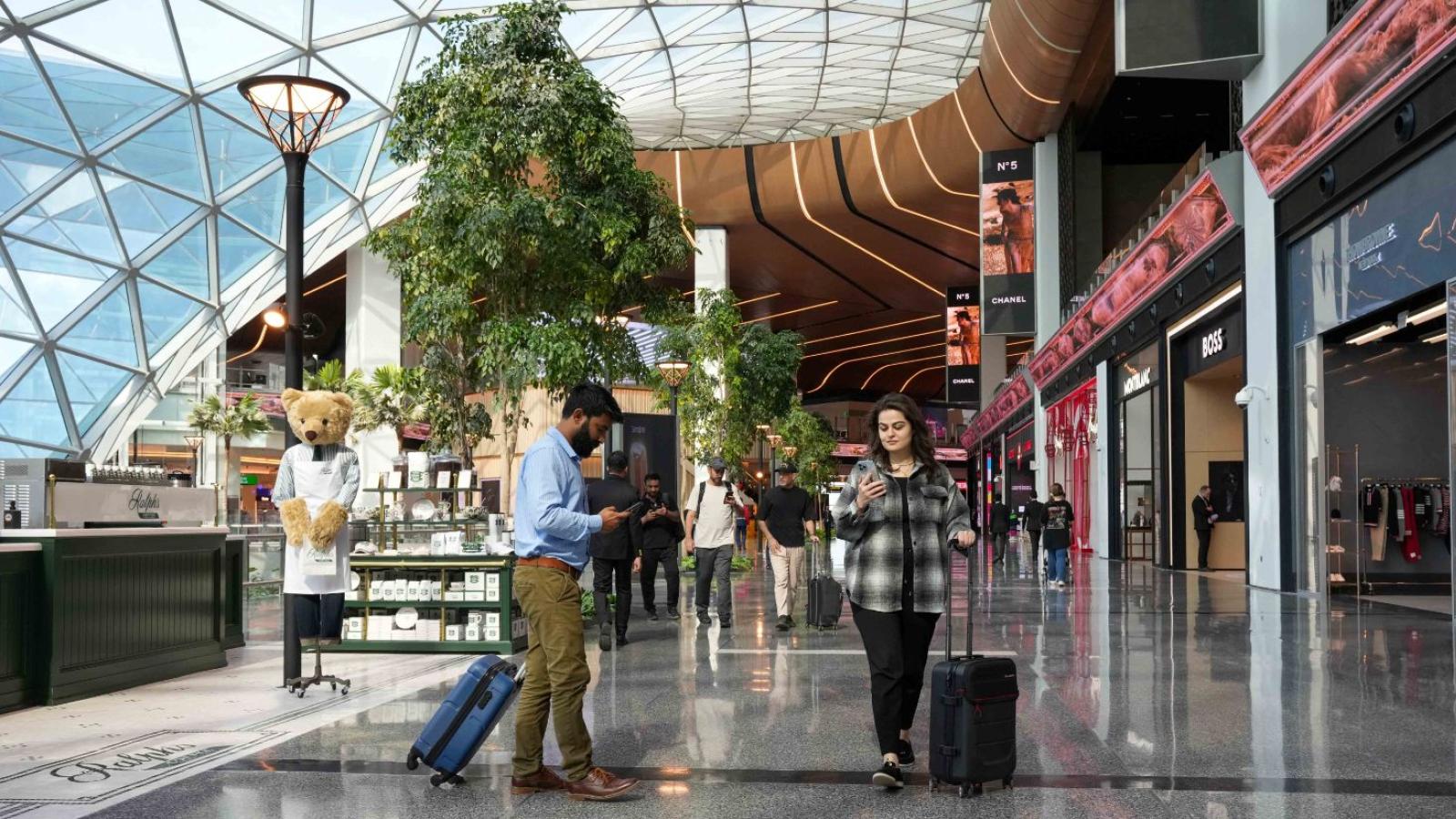
.jpg)

.jpg)



.jpg)
.jpg)

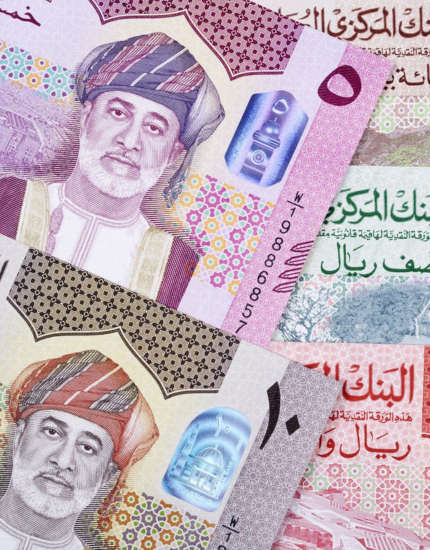


.jpg)
.jpg)
.jpg)
.jpg)






















.jpg)
.jpg)


.jpg)



.jpg)

.jpg)

.jpg)







